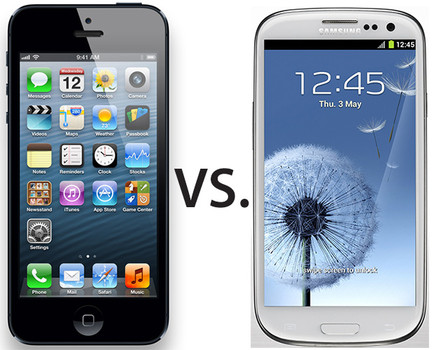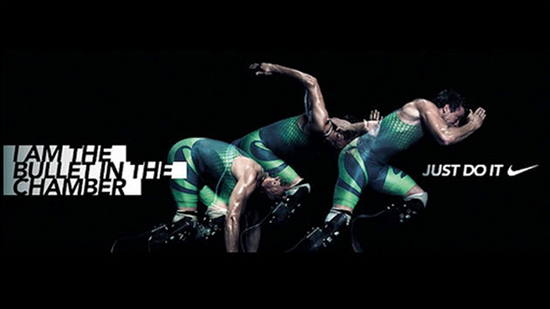I have often disliked working in groups as I always feel that I shoulder most of the work, or that my fellow team members are not very invested in our final product. However, this was certainly not the case with my marketing team this term! I gained a new appreciation for teamwork, and how nice it is to have people on your team that actually put in effort, and can be relied on.
Initially I was very apprehensive about the video project as I have had no digital media experience and did not really desire any either. I planned to make use of the DML we were informed of in class, but it turned out we did not need to. This assignment provided me with a great learning experience as I now have a marketable skill I lacked a month ago. We used “Prezi” to make our video and I was amazed at how easy it was to use. I would use it for an assignment again for sure, even if a video were not required. I even showed the Prezi site to my mom and she is considering using it to format her presentation when she speaks at an international conference in a few months.
After evaluating some of my peers’ videos I am even more confident in saying that the final cut we produced was professional and well made. This is a project that I know I will never be able to empty into my computer’s trashcan because it is really something that I feel proud of.
Overall, one thing I would have done differently would have been to arrange more private meeting spaces by making use of the Canaccord Learning Commons’ resources instead of meeting in public spaces like the Sauder café.
Finally I would like to say Thank you! I really enjoyed this class 🙂








